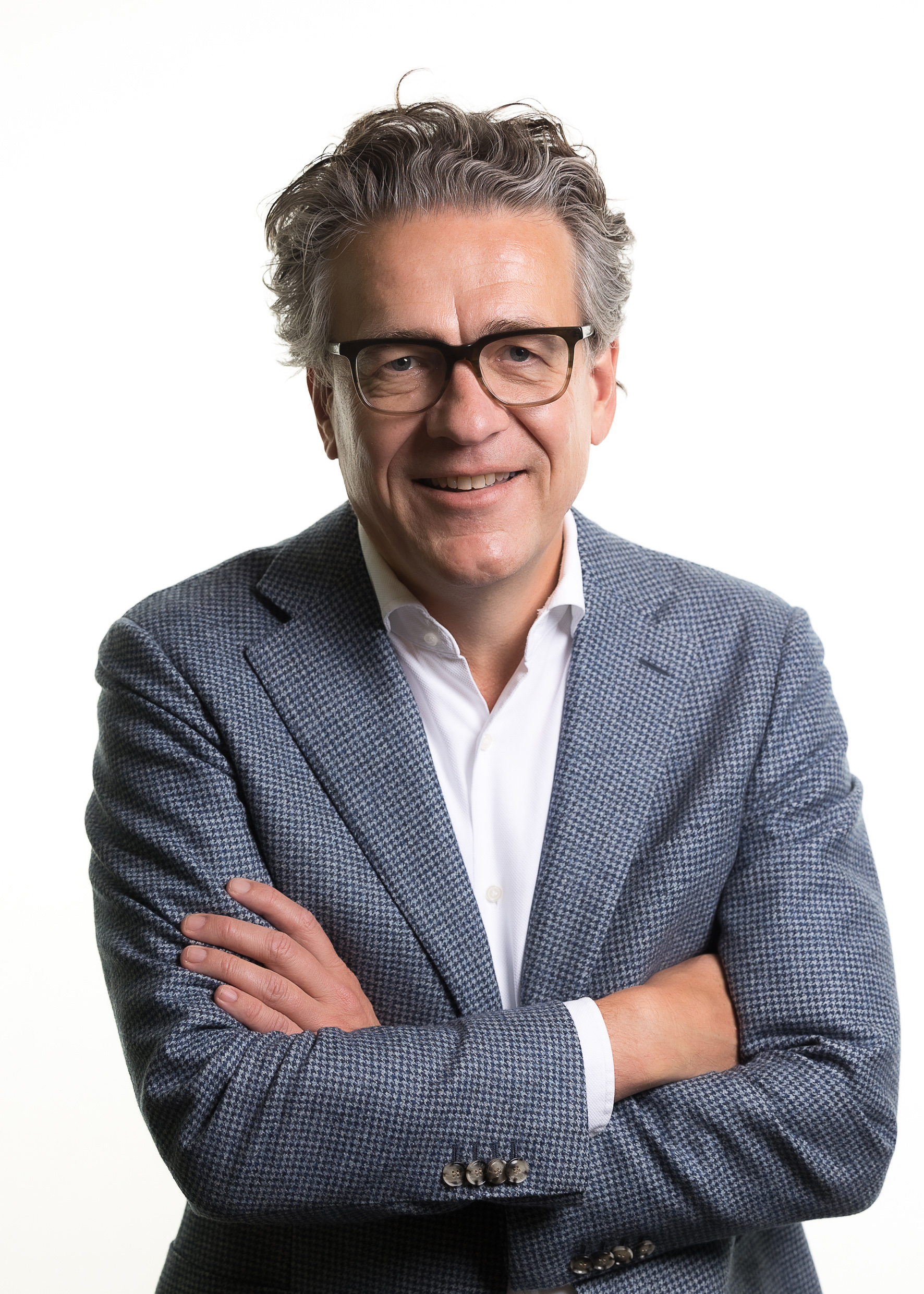Then came Menno van Doorn, Director of SogetiLabs and long-time researcher, who brought a mix of storytelling, wit, and philosophical reflection. “My 90-year-old father loves AI,” he began, describing how his father used a genealogy platform to resurrect old family photos—and sometimes old relatives. “It scares the hell out of my mother,” he laughed.
The anecdote turned poignant when Menno recounted how his father once trusted a ChatGPT-generated medical text over his doctor—resulting in a year-long allergic ordeal. “That’s when we realized: every now and then, in the Bermuda Triangle of Agentic AI, common sense disappears.”
Agents mean agency
With humor and unease intertwined, Menno illustrated how agency is being handed to algorithms faster than we understand their boundaries. He cited Air Canada’s chatbot fiasco, where the airline argued that customers should “sue the agent, not us.” And the surreal case of Albania’s AI Minister for Procurement, where an algorithm now oversees government contracts—though, he joked, “the actress who lent her voice to the avatar may have to reapply for the job.”
Critical thinking
Menno’s narrative wasn’t a call for panic, but for critical thinking—a discipline he described as “the art of making clear judgments from observation and evidence.” He showed viral clips of human absurdity—YouTubers diving into volcanoes or cooking plutonium—to underscore that “maybe AI should protect us from ourselves.”
Quoting Nick Bostrom’s “Superintelligence” and Kate Crawford’s “Atlas of AI,” he warned that the current AI race risks becoming a paperclip maximizer scenario—except now it’s not paperclips, but GPU servers consuming the world’s energy. “Facebook’s new data center will use more power than ten nuclear plants,” he noted, adding dryly, “So much for efficiency.”
Extraordinary promise
And yet, his conclusion was neither dystopian nor naïve. AI, he reminded the audience, is also a source of extraordinary promise—from autonomous research to accelerated medical discovery. But it requires vigilance. “We all have this stochastic parrot on our shoulder,” Menno said, “whispering convincingly in our ear. But we must keep thinking for ourselves.”
Get your copy of the Autopilot Yes/No Report.
Please note – This report was created by almost exclusively using available AI-tools except for minor editorial tweaks and some limited lay-out changes.

 English | EN
English | EN 